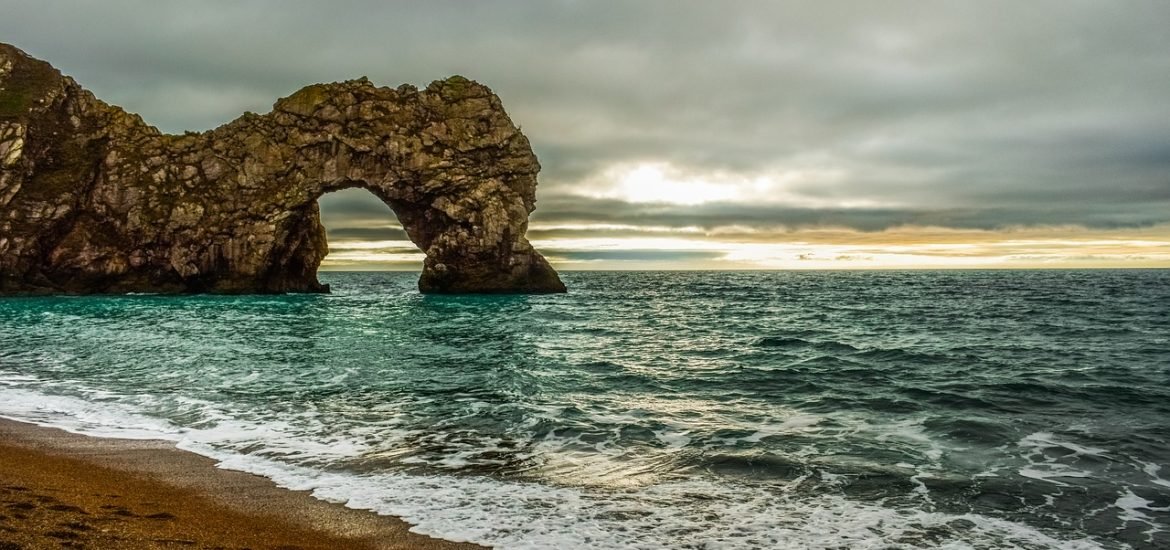
Researchers from all over the world will gather at the University of East Anglia (UEA), UK, for a conference to discuss loss of coastal heritage due to climate change and how policymakers can address these problems.
Those attending the conference will discuss a range of issues, including how to decide what should be saved, the value of archaeological landscapes, and what is the human cost of this loss.
Heritage takes many forms, such as physical artifacts and buildings, as well as cultural and social aspects of people’s lives that are passed down through the generations. It is becoming increasingly clear that climate change will affect our coastal heritage, but current policies rarely include heritage in their assessments. For example, this subject is hardly mentioned in the UN’s Sustainable Development Goals, and it’s not included in any Intergovernmental Panel on Climate Change (IPCC) assessments or special reports.
The conference will bring together international researchers and policy experts in heritage and climate change to discuss how to measure the extent of damage to coastal heritage and how to stop these losses. Funded by The British Academy and organised in partnership with ClimateUEA, the aim of the conference is to bring together experts from different fields, including social science and science-based climate change.
“We are excited to host this timely conference. There is increasing recognition that archaeology and heritage have more to offer climate change policy than has been considered to date,” said Prof Joanne Clarke of UEA’s School of Art, Media and American Studies. “However, due to disciplinary differences in methodologies and how data and evidence are expressed and communicated, heritage is not routinely or evenly incorporated in climate change assessment reports.
“Hosting the conference at UEA is particularly fitting given the research strengths of the university around both climate change and heritage,” added Prof Anne Haour, director of UEA’s Centre for African Art and Archaeology. “This will give us the opportunity to explore common experiences and challenges across different parts of the world, including the West African coastline, the Caribbean, and the Indian Ocean, where speakers – both from UEA and beyond – have conducted ground-breaking research.”
Conference details are available at